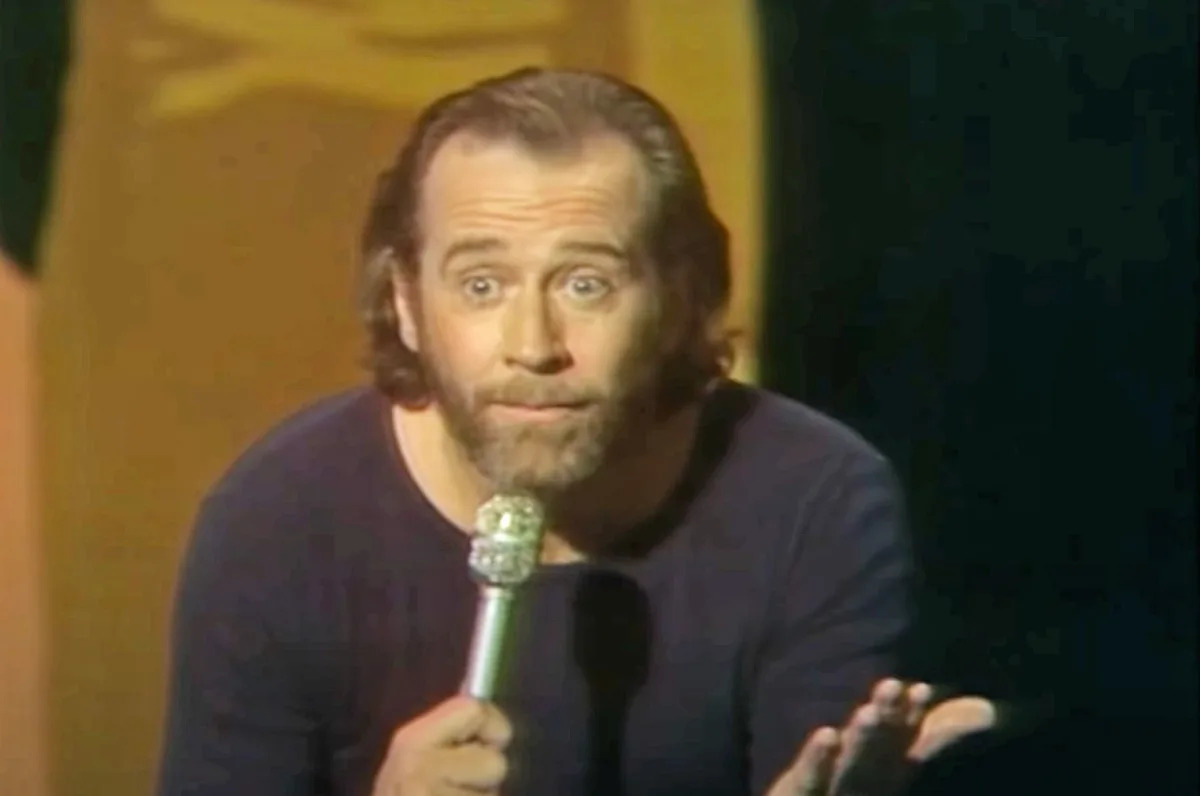The esteemed George Carlin, known for his prowess in acting and comedy, has left an enduring impact on the entertainment industry. His vast body of work continues to captivate audiences, cementing his legacy as a beloved and timeless figure. Recently, the podcast Dudesy sparked controversy by presenting an AI-generated comedy special titled “George Carlin: I’m Glad I’m Dead,” using Carlin’s likeness without permission.
This unique special featured a collection of mediocre Carlin-style jokes accompanied by AI-generated visuals, attempting to emulate the legendary comedian’s essence but falling short of authenticity. The podcast’s choice to attribute the content to AI triggered immediate backlash, particularly from Carlin’s daughter, Kelly Carlin, who strongly opposed the misuse of her father’s legacy. The ensuing legal action taken by Carlin’s estate in California highlights the seriousness of the situation, citing copyright infringement and unauthorized use of Carlin’s intellectual property.
Interestingly, a representative for Dudesy clarified that the content was actually created by humans, Will Sasso and Chad Kultgen, dispelling the initial misconception regarding AI authorship. This revelation unveils the podcast’s concept of blurring the distinction between human and AI-generated content, aiming to enhance intrigue and originality. The upcoming legal proceedings will delve into the complexities of content creation and attribution, aiming to uncover the truth behind the controversial comedy special’s production.
The lawsuit underscores the negative impact of unauthorized use of Carlin’s image and material on his reputation and artistic heritage. It raises alarms about the potential repercussions for future AI advancements, warning against the fusion of counterfeit works with genuine artistic endeavors. The lawsuit’s demand for the removal of the infringing video, elimination of all copies, and punitive damages underscores the gravity of the situation and the necessity to protect artists’ rights and legacies.
As the legal dispute unfolds, drawing parallels to similar cases involving notable personalities like Sarah Silverman and entities like OpenAI and Meta, the landscape of AI-generated content creation faces a pivotal moment. These legal battles are poised to establish crucial precedents in defining the boundaries of intellectual property rights and ethical content creation practices. Amid the evolving domain of AI innovation, it is crucial to uphold the integrity of artistic expression and recognize the indispensable role of human creativity in shaping the narrative of technological progress.










